Super Stationary Engine Crank-Up!
Posted by Chris Graham on 30th August 2023
David Wallace reports on the Stationary Engine Crank-Up which took place in Eastgate, Co Durham, earlier this year.
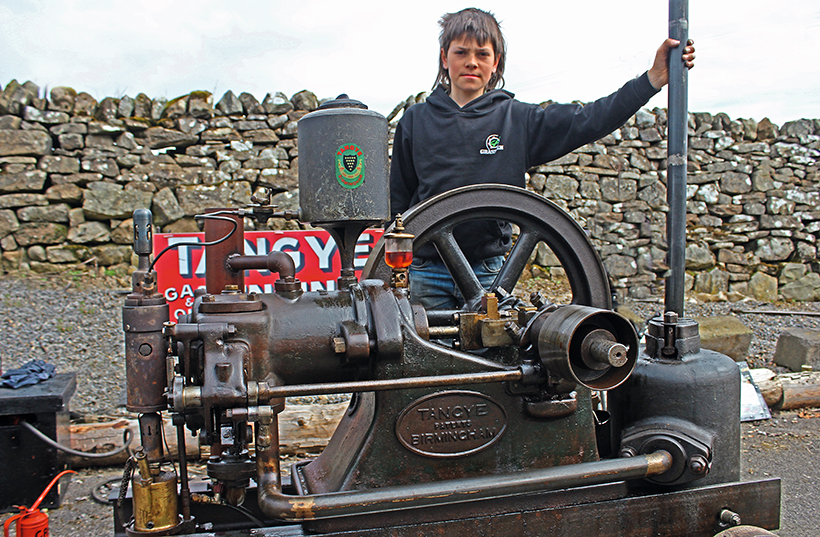
Assistant organiser Lawrence Cruddas, assesses the chances of a trouble-free day running his 1911 Tangye Oil Engine.
As the daffodils started to bloom in the late Spring, the picturesque village of Eastgate, in County Durham, hosted its Stationary Engine Crank-Up on April 4th.
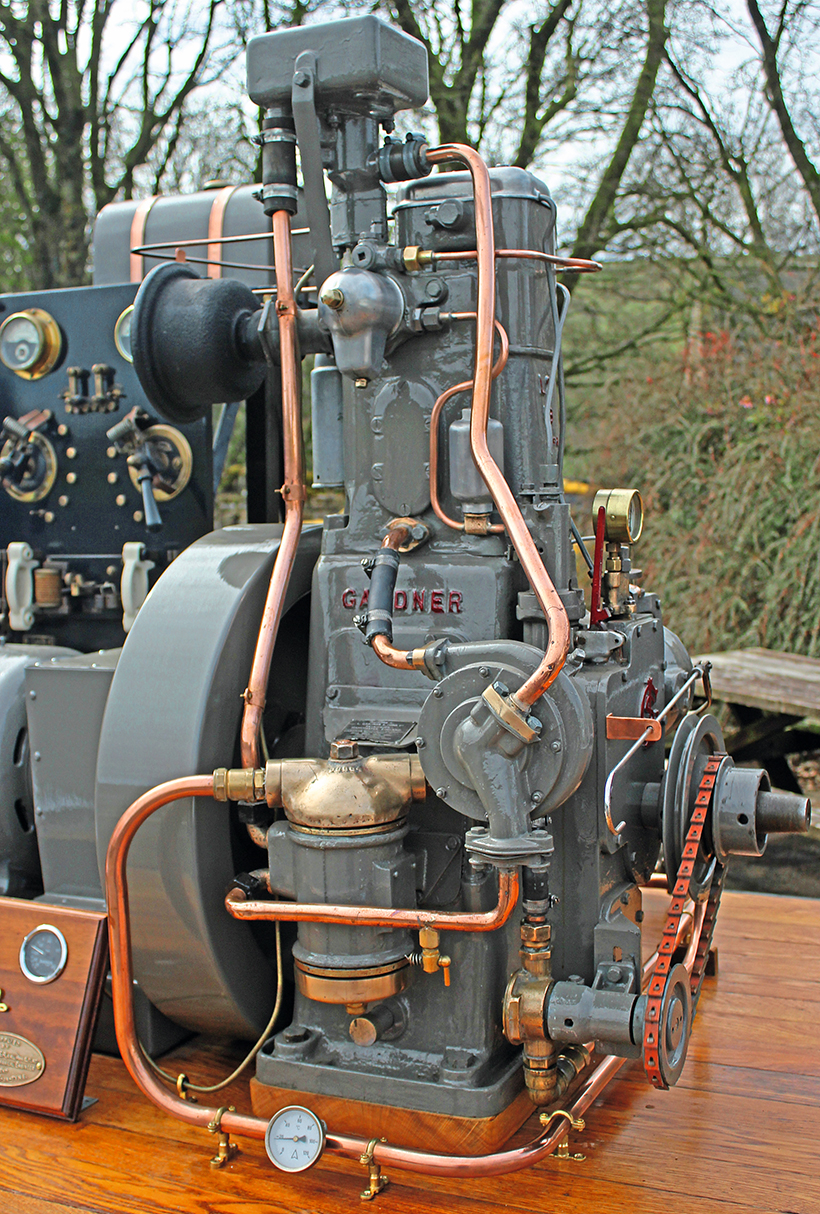
Having driven a generator on a Lighthouse in Grimsby during its working days, Mal Smith’s Gardner 1L2 now enjoys a quiet life in preservation.
The surrounding area has a rich history of industry, with various lead mines sunk into the local hillsides over many years. By the very nature of these rural enterprises, many a stationary engine would have been used to provide power to drive the wheels of industry, until the arrival of mains electricity. Even the remains of latter day’s mineral extraction provided historic artefacts, with the remains of the once vast Eastgate Cement Works still having steel rails in situ in the undergrowth, some dating from the early 1900s.
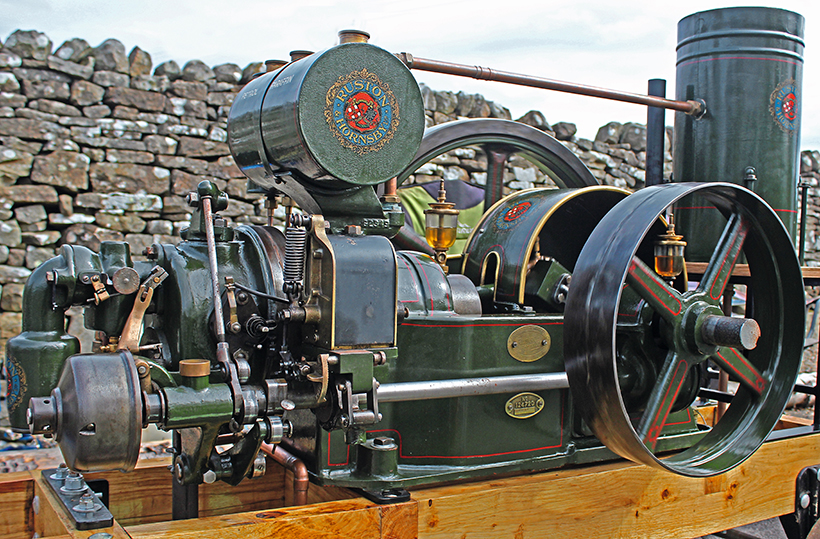
Johnny Ravenhall displayed his 1925 Ruston & Hornsby 5hp Class IP engine.
As for the Crank-Up, a total of 43 engines were on display at the event held in the village hall car park situated up the hillside, thus giving panoramic views around the surrounding countryside.
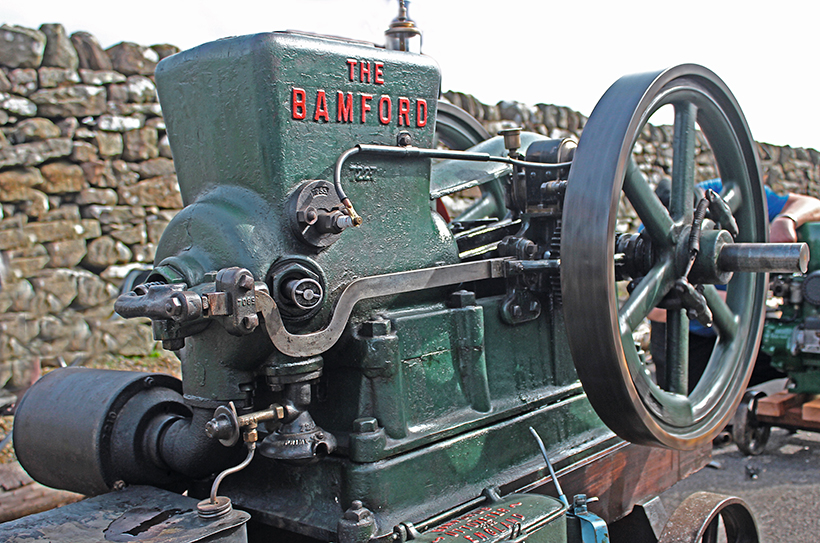
G Dowson, from County Durham, had his 1924 Bamford on display; it ran like a sewing machine.
One of the larger engines on show was the 1925 Ruston & Hornsby 5hp Class I P, owned by Johnny Ravenhall from Stanhope, three miles from where the Crank-Up took place. This engine had been purchased new as a generator engine for a large house in Windsor. When made redundant by the arrival of mains electricity, it was moved to Perth in Scotland to drive a saw bench. Later, after being retired from this work, it was bought by an antiques dealer who painted and lined the engine, but never ran it; he just liked the look of it. It remained as a static display item until 2016, when it was sold to Alec and Mark Cumming from Perth, who coaxed it back into working order. The present owner bought it in 2019, and it now resides roughly half-way between where it ran in 1925 and where it was preserved many years later.
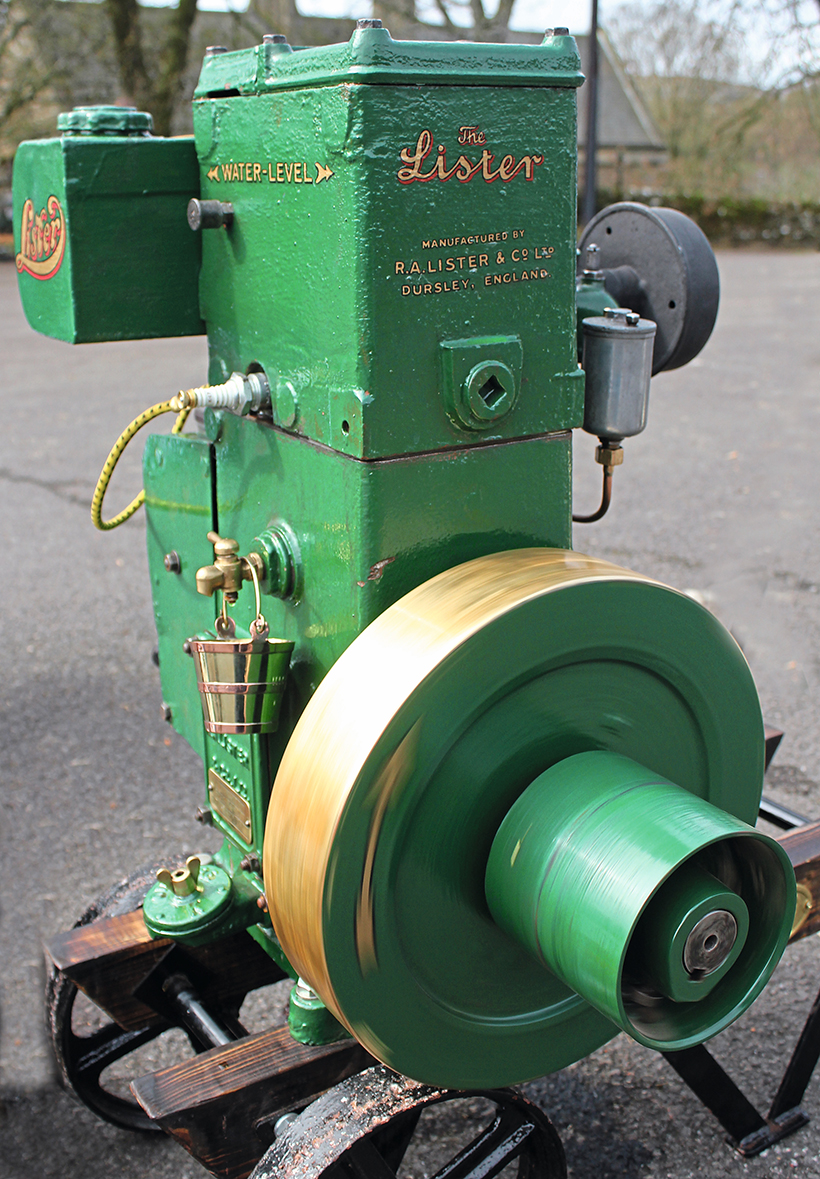
David Uren had his tidy Lister D type on show; it had worked on a farm in Richmond, North Yorkshire, pumping water from a well.
Another engine with a most interesting history was the 1960s-built Gardner IL2, owned by Mal Smith from Marske By Sea. This engine had also driven a generator in its working life but, in the harsh environment of a lighthouse near Grimsby, where it generated the electricity required to power the light, thus ensuring the safe passage of the fishing fleet using the vast dock complex.
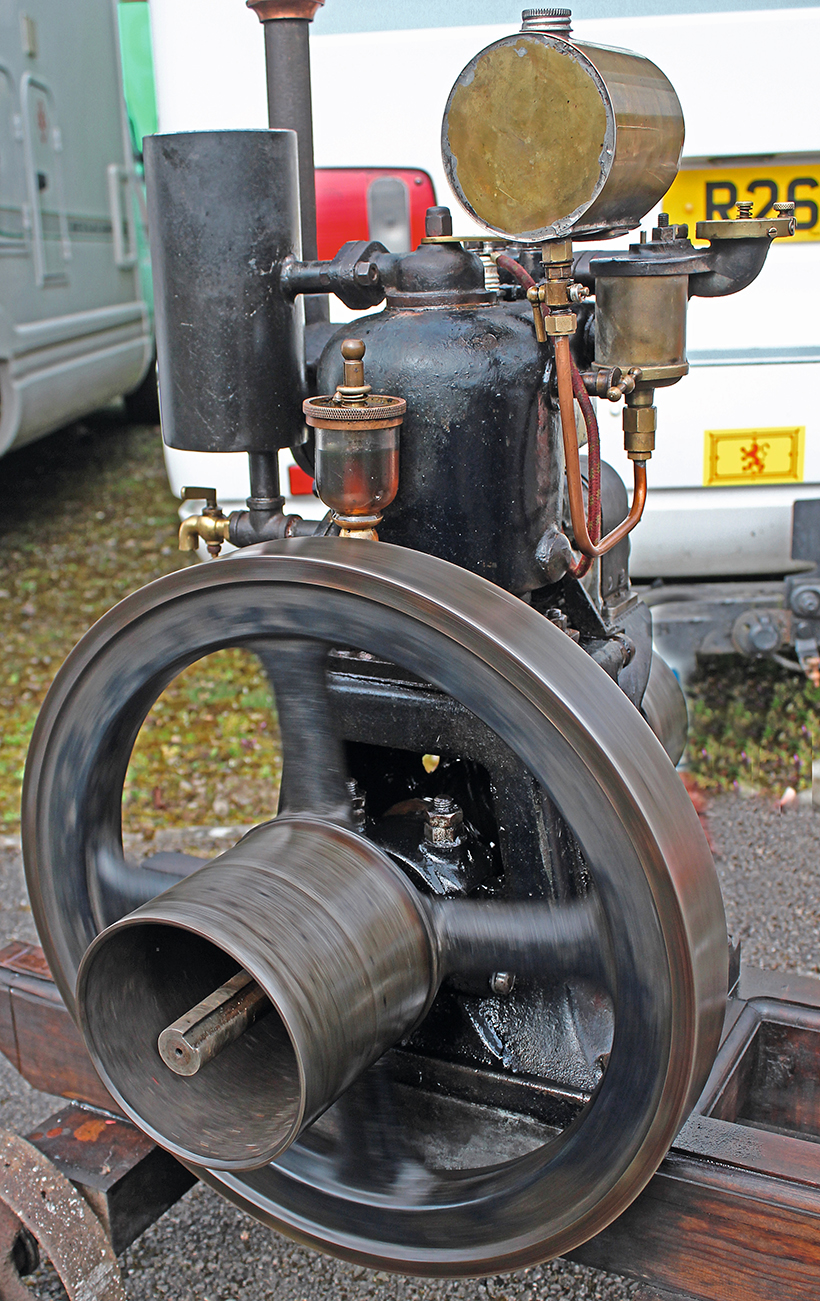
Roger Murray, from Gretna Green, had his unusual, French-built 1915 Japy vertical open-crank on display.
The Eastgate Village Hall, where the Crank-Up was held, has been undergoing some much needed restoration, and the sum of £250 was raised towards the fitting of new windows to keep the harsh North Pennine weather at bay.
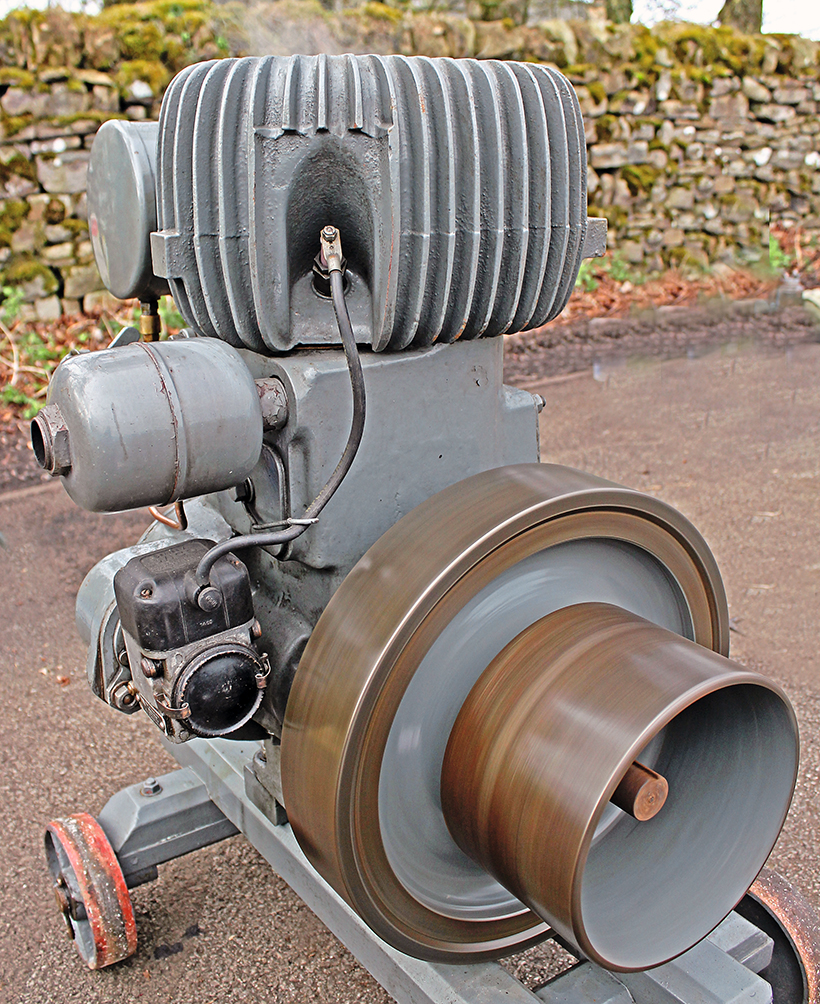
The 1936 Wolseley WD2 owned by Ken Thwaytes, from Workington.
Organised by Terry Cruddas, assisted by Lawrence Cruddas, Catherine Tunstall and Maxine Harrison who provide the refreshments, the event was deemed a great success by those who attended, and is now likely to become an annual event, when engine men can gather in this delightful part of the country, against a backdrop of spring sunshine.
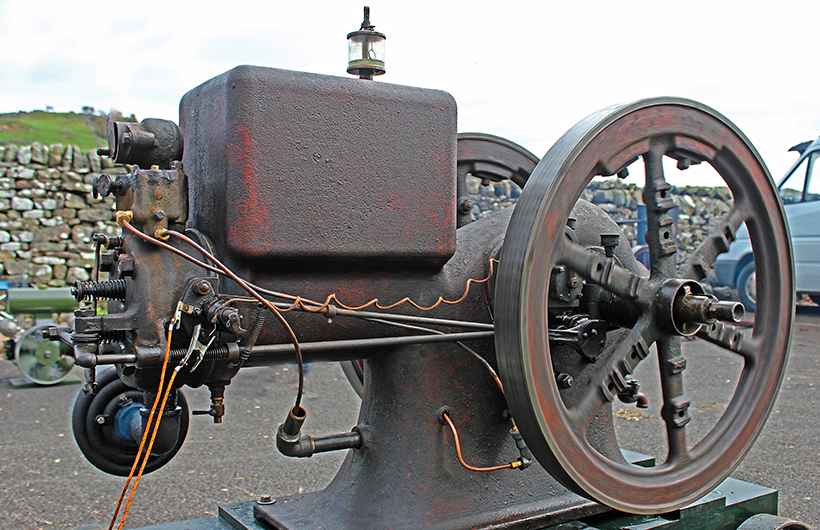
This 6hp Internal Harvester M type was imported in 1920 and spent much of its working life in Fife. It’s now owned by Nev Beaty, of Carlisle.
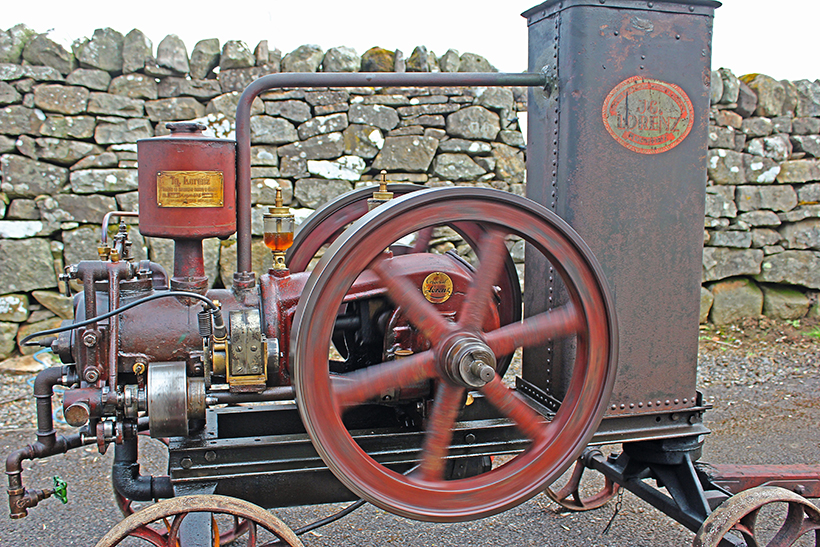
Jim Wright’s 1920 Lorenz engine. This was used on a farm in the High Tatra Mountains in Zdair, Slovakia, before entering into preservation.
This feature comes from the latest issue of Stationary Engine, ands you can get a money-saving subscription to this magazine simply by clicking HERE
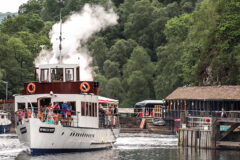
Previous Post
1899 Sir Walter Scott back on the water!
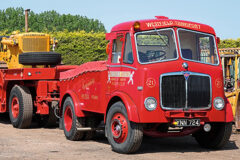
Next Post
A unique AEC Mandator saved from oblivion



